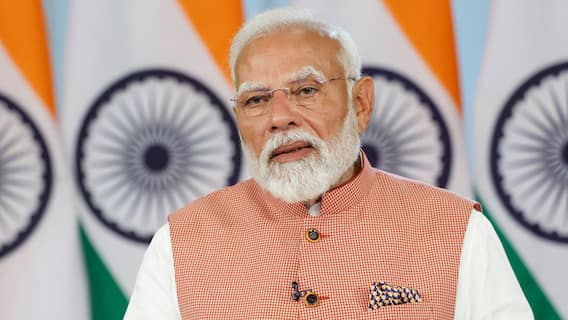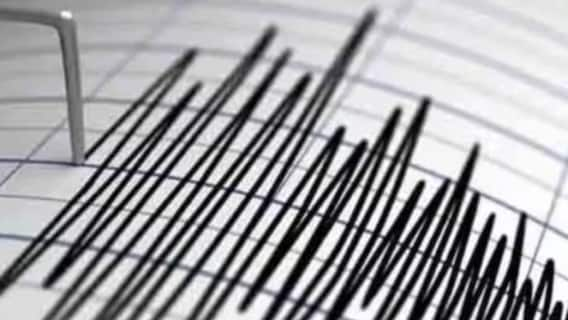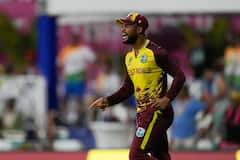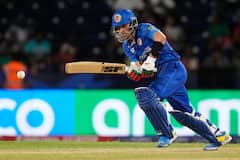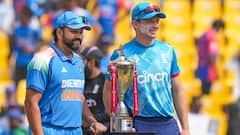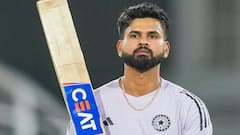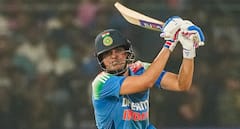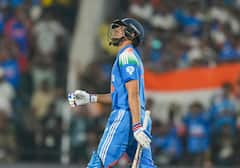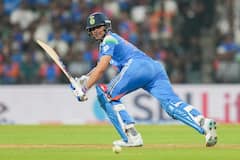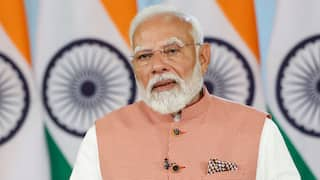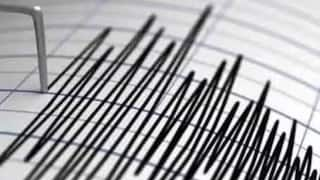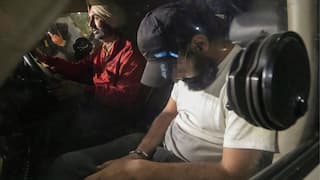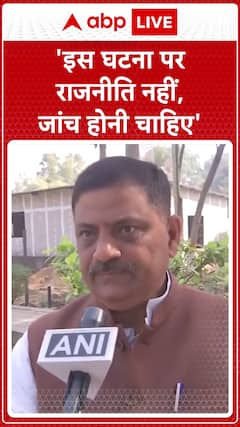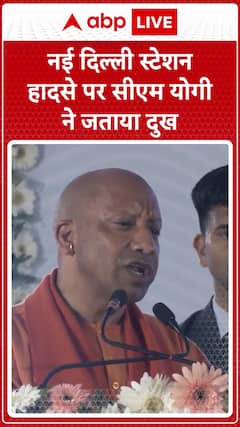Will Pucovski Retires Hurt After Head Blow In Sheffield Shield Match, Campbell Kellaway Named Concussion Substitute
Will Pucovski knelt on the pitch and, after getting up, walked off the field while rubbing his eyes, having received swift medical attention on the field.

Australian cricketer Will Pucovski was struck on the head by a Riley Meredith bouncer, forcing him to retire hurt during a Sheffield Shield match between Victoria and Tasmania on Sunday (March 3). This incident is not the first such case with Pucovski, who has previously experienced head injuries. The incident occurred during Victoria's second innings chase of 442 when Pucovski, positioned as the No. 3 batter, faced only the second delivery from Meredith. The bouncer from the pacer hit the left side of Pucovski's helmet, prompting him to retire hurt with a score of 0.
His most recent head injury before the one in this Sheffield Shield game took place in a second XI match earlier in January. Despite returning resiliently after that blow to score 131 in a subsequent Shield match against New South Wales, the incident in question has raised concerns as a medial update is still awaited on his condition.
Campbell Kellaway Steps In As Will Pucovski's Concussion Substitute
The 26-year-old's response to the blow was visibly distressing as he knelt on the pitch. Swift medical attention was provided, and Pucovski, after getting up, walked off the field while rubbing his eyes. Cricket Victoria shared that he is under the care of medical professionals, and further updates on his condition is awaited.
Cricket Victoria spokesperson stated: "Will is currently in the hands of our medical professionals. We'll look to provide an update in due course." As per the concussion protocols, reserve batter Campbell Kellaway stepped in as Pucovski's substitute.
Pucovski, who has played one Test match against India in January 2021, has not only battled head injuries but has also been candid about his struggles with "mental health." In a recent interview on the Vic State Cricket podcast, he acknowledged that mental health has posed a more significant challenge for him than physical injuries.
"I don't fear for my long-term health, it's more the mental health side that's been the tougher part," he said.
Trending News
Top Headlines




